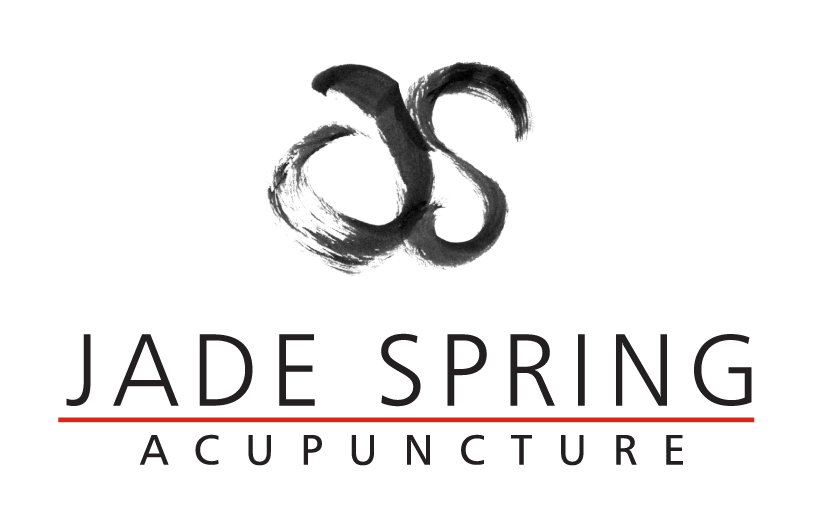Diet recommendations for weak digestion
The chronically runny tummy
Most people experience the occasional loose bowel movement after a meal that was too rich or spicy, but for some, loose bowel movements are a regular part of their lives, and they often don't know the cause or that there are treatment options.
There are many reasons that someone might have loose bowel movements, and some common causes include infections by bacteria or viruses, food poisoning from contaminated food or water, side effects from medications, poor dietary choices, or underlying health conditions.
For the purpose of this article, I will focus on a presentation that in Chinese Medicine theory is a “deficiency” in the Spleen system, and I will share some of the things you can do for yourself to improve this condition.
In Chinese Medicine, chronic loose stools are seen as a disharmony in the Spleen and Stomach. In this paradigm, the Spleen is responsible for transforming food and fluids into Qi and blood, and when it is weak, it can lead to the improper digestion and absorption, resulting in loose stools. Other symptoms can include fatigue, muscle weakness, and bruising easily. Individuals with this imbalance are likely to have a pale, possibly puffy tongue, with ridges along the side that make the tongue’s edge look scalloped.
There are several factors that contribute to Spleen deficiency, and below is a look at some of the most common reasons:
Diet
The most obvious place to start when attempting to clear up a runny tummy is by examining one’s diet. Loose stools are often caused by eating too much fatty, spicy, or greasy food, or drinking excessive amounts of caffeine or alcohol. Those with digestive weakness should also be careful about eating too much cold or raw food, especially things like ice cream, salads and large amounts of raw fruit and vegetables. In addition, over-eating and irregular eating patterns can be very taxing on the digestive system.
Food sensitivities
People with weak digestive systems often also struggle with food sensitivities and it might be beneficial to get an IgG test to determine whether this could be a factor leading to loose stools. Once food sensitivities are identified and triggers are eliminated from the diet, the digestive system can heal, and loose bowel movements will clear up.
Stress
It won’t come as a surprise that chronic stress can contribute to chronically loose stools. If that is the case, it is important to develop good stress management techniques, such as yoga, meditation, time in nature, and exercise.
Ruminating thoughts
In Chinese Medicine, ruminating thoughts and overthinking are understood to tax the digestive system and contribute to a runny tummy. There is a link between how easily we mentally ‘digest’ our experiences and how well we digest our food. When we struggle to make sense of things and get stuck in looping thought patterns, this has a negative effect on our Spleen’s function and can weaken our digestion. In this situation, it is important to find ways to break the cycle of overthinking and find ways to quiet the mind.
Making supportive changes
Acupuncture and herbal remedies can offer a lot of support when it comes to treating chronically loose stools. Additionally, there are many diet and lifestyle adjustments that can help harmonize the digestive system:
Consume warm, easy-to-digest foods such as congees (a soft rice porridge), stews, oatmeal and cooked or baked vegetables.
Add warm broths and soups to your diet to help replenish lost fluids and provide easy to absorb nourishment.
It’s important to avoid cold foods, iced drinks and an excess of raw foods, as these weaken the Spleen and introduce “dampness” or “cold” into the digestive system.
Spicy, greasy and heavy foods, such as fried foods and rich meats, should be avoided because they take a lot of energy to digest.
Avoid large meals because they are hard to digest. Rather have smaller more frequent meals that put less stress on the digestive system.
Limit sugar intake and excessive carbohydrate consumption.
Keep to a regular eating schedule and avoid eating late in the evening or at night.
Eat in a calm relaxed environment and don’t rush your meal.
Avoid intense emotional interactions and stressful situations while eating, even if the source is your television.
A balanced approach that combines acupuncture, herbal medicine, diet changes and mindful eating can help restore harmony to the digestive system, improve nutrient absorption, and reduce the frequency and severity of loose stools.



